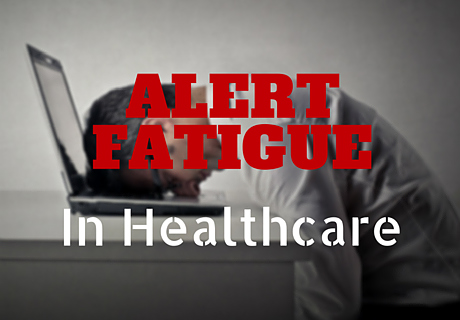Alert fatigue in Healthcare is a symptom of improperly configured technology systems that present excessive, false, or irrelevant warnings, leading users to mentally tune them out over time. The danger is that a clinically relevant warning will eventually appear, but be ignored.
Electronic Health Records (EHR) systems are configured to display alerts to clinicians to prevent these kinds of errors:
- Drug-to-drug interactions
- Allergy warnings
- Overdose warnings
- Drugs, orders, or procedures that are contraindicated in pregnant patients
- Drugs orders, or procedures that have age-sensitive implications
However, a US Department of Health publication pointed to a study that identified over 200 deaths in a five year period that were related to the dismissal of clinical alerts. (Source)
Read More
How To Prevent Alert Fatigue
I have developed some alerts that seem to have been successful and well received by my clinical users. I think the main thing to keep in mind is the old phrase “An ounce of prevention”. It’s all about the preparation. Any good Healthcare IT operation has some level of change control to properly analyze any changes, including clinical alerts. You might consider adding an additional level of approval in the form of an ad-hoc alerts committee that authorizes these changes. It doesn’t have to meet regularly, just when there is a proposed alert to consider. On that committee, you would have representatives from these areas:
- Physician users
- Nurse users
- IT Analysts
- Compliance or QA department
When considering a potential alert, the committee should ask these questions:
- What potential problem are we trying to solve or avoid?
- Who are the users who should be presented with the alert?
- Under what circumstances should the alert appear?
- How severe is the potential outcome of the problem we are trying to address with the alert?
- How likely is the problem to manifest?
- Should the alert be a warning that can be overridden (yellow), or will it stop the users from proceeding (red)?
Answering these questions should help you make decisions to determine if an alert is needed, and help you through the steps to perform the build. Thanks again for taking a few minutes to read about alert fatigue. You can always reach out to me from the form on this site, or Twitter @HealthITSkills.

Read More

